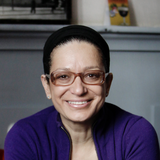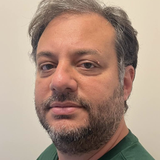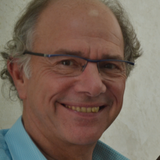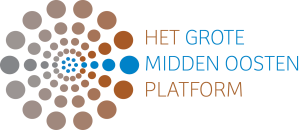Gaza has had a tough history since 1948, with over 80% of its population being refugees. Considering the urgent need for a ceasefire, what can we do? How do we go about the humanitarian catastrophe of 2.3 million people of whom 43% are under 14 years old? Based on facts and legalities we free our imagination to think of futures better than rebuilding a concentration camp. We look into Gaza’s past, present and possible futures. How can we deal with 2 million displaced humans who have been sieged and starved? Is the return of the refugees to their original towns feasible? Research says that it is not only feasible but the only solution that is based on legality and would bring justice and stability. How can we redesign the space between the river and the sea, as safe and equal for all, without displacing anyone anymore? What needs to be dismantled, or repurposed, what needs to be built? How can a shared future, where every human is equal, dignified, and free be achieved? Nelson Mandela’s “It is impossible until it is done”, is our guideline.







Deen Sharp , PhD CUNY, is a Visiting LSE Fellow in Human Geography & Environment at the London School of Economics and Political Science in the Geography and Environment Department. He was previously a Post-Doctoral Fellow at the Aga Khan Program for Islamic Architecture at the Massachusetts Institute of Technology and the co-director of Terreform, Center for Advanced Urban Research. He is the co-editor of Beyond the Square: Urbanism and the Arab Uprisings (Urban Research: 2016) and Open Gaza: Architectures of Hope (American University in Cairo Press and Terreform: 2022). Sharp is currently working on a third co-edited volume under review with the American University in Cairo Press entitled Reconstruction as Violence: The Case of Syria.
Ramzi Nasir is a Madrid-based economist and entrepreneur. He is the director of One Democratic State in Palestine. Nasir is also the author of a forthcoming book on Edward Said.





